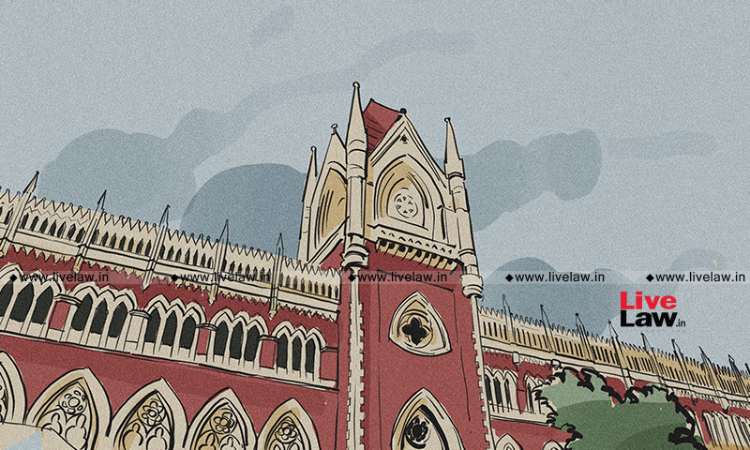'Fair And Legitimate Criticism To Judgments Welcome But Should Be Without Malice': Calcutta HC Declines To Interfere In Row Over WB Bar Council's Letter To Remove Acting CJ
Aaratrika Bhaumik
30 Aug 2021 10:06 AM IST

Next Story
30 Aug 2021 10:06 AM IST
